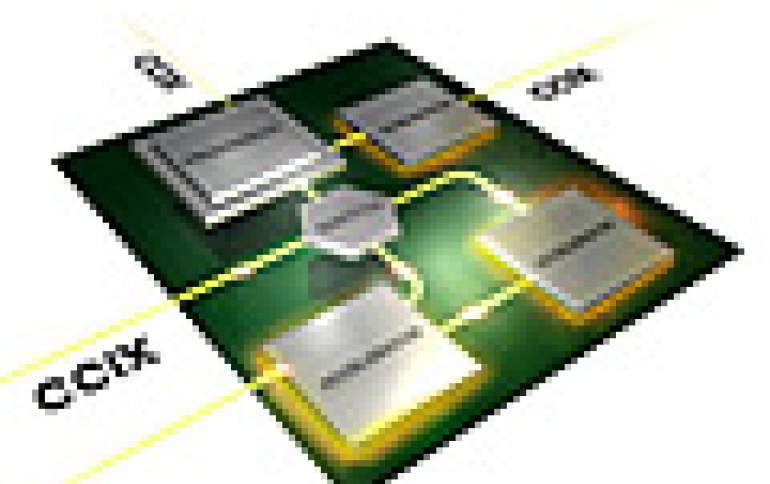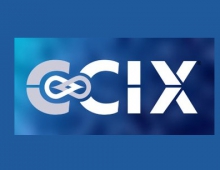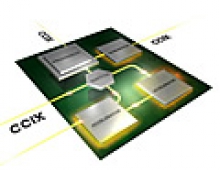
CCIX Consortium to Showcase Cache Coherent Acceleration for NFV Platforms at SC17 Conference
The CCIX Consortium will demontsate a CCIX product at the SC17 Conference in Denver, Colorado. The product enables coherent interconnect technologies between general-purpose processors and acceleration devices.
The CCIX specification enables system integration between processors such as x86, Arm and POWER and all accelerator types, including FPGAs, GPUs, network accelerators, and storage adaptors - even custom ASICs can be incorporated into a CCIX topology. CCIX also gives system designers the flexibility to choose the right combination of heterogeneous components from many different vendors to deliver configurations for the data center.
This first CCIX product demo will show cache coherent packet forwarding acceleration for network function virtualization (NFV) platforms, based on a CCIX capable CPU and Xilinx FPGA CCIX accelerator. CCIX simplifies the data movement architecture between host and accelerators, resulting in faster movement of data. The demonstration will take place at the Xilinx booth no. 681, all week, during exhibit hours.
"The industry's first demonstration of CCIX is a major step toward broader adoption of CCIX, which aims to enhance performance, efficiency, and scalability for the next generation of high-performance, artificial intelligence, cloud, telco and other data centers," said Gilad Shainer, CCIX president. "By leveraging the large eco-system of PCIe, CCIX provides users with the capabilities to analyze more data faster and to gain a competitive advantage on one side, while minimizing the cost of new technology adoption."
"One of the biggest advantages of CCIX is that it builds on the existing PCIe infrastructure, which dramatically reduces the cost and risk of integrating it with existing products," said Jeff Defilippi, senior product manager, Infrastructure Line of Business, Arm and CCIX Consortium treasurer. "Additionally, CCIX-based systems enable cache coherent driverless acceleration and speeds of up to 25 GT/s that are needed in today's cloud and edge computing solutions."

















